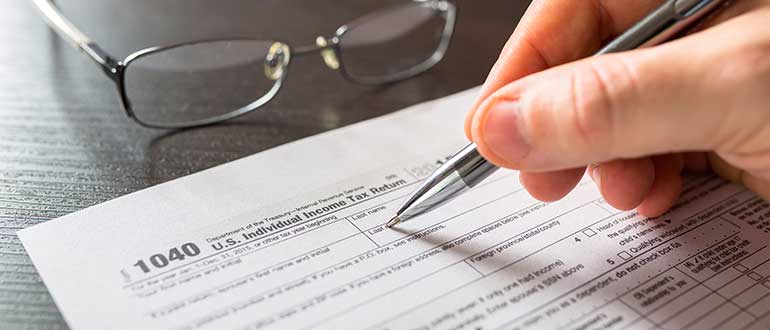
As an independent contractor, it is crucial to understand the requirements for filing taxes with the IRS. This blog will discuss what independent contractor IRS form independent contractors must file with the IRS to comply with their tax obligations.
We will explore the required forms an IRS independent contractor needs and how to submit them properly to the IRS. By understanding the filing process, independent contractors can ensure they comply with all applicable tax laws.
Types of Forms Required
As an independent contractor, there are a variety of forms you need to file with the IRS. The forms you need to file depend on your work, the amount of money you make, and any other information the IRS needs to know about your business. Here are some of the most common forms independent contractors must file with the IRS:
Form 1099-MISC
The 1099-MISC form is among the most common forms independent contractors must file with the IRS. This form reports income from any non-employee services or goods you provide. It also reports any payments you make to other independent contractors and non-employee compensation. The 1099-MISC form must be filed by January 31st of the following year.
Form W-9
It provides the IRS with the contractor’s name, address, and taxpayer identification number (TIN). This form is necessary for the contractor to receive client payments and report their income to the IRS.
Form 1040-ES
The 1040-ES is another form independent contractors must file with the IRS. This form calculates estimated taxes that need to be paid during the year. This form should be filled out quarterly, and any estimated taxes due must be paid to the IRS by the due date. The 1040-ES form must be filed by April 15th of the following year.
Form 1040
This form reports the contractor’s income and expenses. This form should be filed by the contractor and sent to the IRS by the end of April each year.
Form 1040-Schedule C
The Schedule C form reports any income or losses from a business operated as a sole proprietorship. This form must be filed with your 1040 form. You must provide information about your business, such as your gross receipts, expenses, and other related information. The Schedule C form must be filed by April 15th of the following year.
Form 1040-Schedule SE
This form is used to report self-employment taxes. This form should be filed by the contractor and sent to the IRS by the end of April each year.
Form 1099-K
This form reports payments made to independent contractors through third-party networks such as PayPal and credit card processors. This form should be filed by the contractor and sent to the IRS by the end of January each year.
These are just some forms independent contractors need to file with the IRS. It is important to understand each form’s requirements and ensure they are filed correctly and on time. Failing to do so could result in penalties and/or interest charges.
Reasons Why Independent Contractors Need to File With the IRS
As an independent contractor, you must file with the IRS to report any income you earn. Understanding the requirements and why you must file with the IRS is essential. Here are five reasons why independent contractors need to file with the IRS:
- Pay Your Taxes: The most important reason independent contractors must file with the IRS is to pay taxes on their income. As an independent contractor, you are responsible for reporting your income and paying taxes on your income. Filing with the IRS ensures you pay the correct income taxes.
- Avoid Penalties: Filing with the IRS helps you avoid any penalties or interest you may incur if you do not pay taxes on your income. Penalties and interest can quickly add up and can become very costly. Filing with the IRS on time will help you avoid this.
- Keep Track of Income: Filing with the IRS helps you keep track of your income. You can use this information to create a budget and plan for your future. You can also use your income information to apply for loans and other financial products.
- Claim Deductions: As an independent contractor, you may be able to claim certain deductions on your taxes. Filing with the IRS helps you claim these deductions and helps you save money on your taxes.
- Protect Your Rights: Filing with the IRS also helps protect your rights as an independent contractor. The IRS can help you resolve disputes with employers and can help you get the money you are owed.
